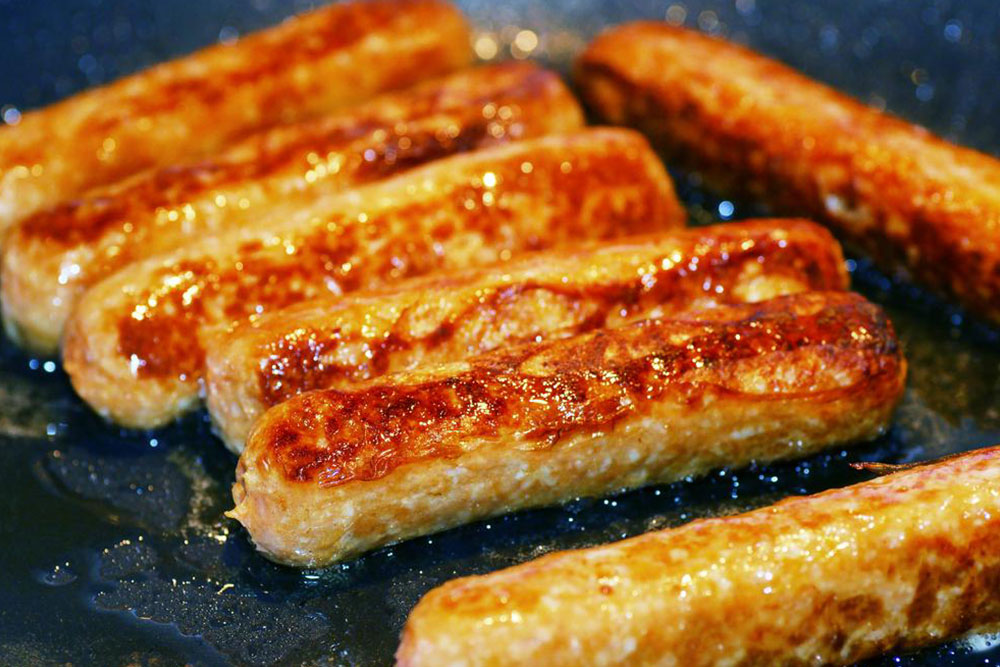Ways to reduce high Triglycerides in your diet
What are Triglycerides?
Triglycerides are a type of fat present in your blood that the body uses for energy. But the excess of triglycerides in your body are termed as bad cholesterol (LDL), paves the way for heart disease, stroke, and many other heart-related diseases.
How to cut down the intake of Triglycerides?
Every meal you eat should have a balanced intake of all nutrients. The macronutrients (proteins, carbohydrates, and fats) and micronutrients (Vitamins and minerals). Excess of anything is unhealthy and leads to different health problems. Triglycerides are the major cause of heart problems and it causes thickening of the artery walls.

Diet chart to reduce high Triglycerides
Incorporate fish in your diet:
Fish are a rich source of omega 3 fatty acids that reduce the levels of triglyceride present in your blood and helps to keep your heart and brain healthy. Salmon, co, and tuna are types of cold water fish that has the power to reduce the levels of triglycerides. Vegans or non-fish lovers can take omega 3 fatty acid supplements.
Soy protein is beneficial:
Soy protein works 12 times faster than animal protein to reduce the number of triglycerides. A research proved that 25 grams of soy protein a day as a part of low diet will reduce the risks of heart-related disease. It also controls the levels of serum cholesterol, LDL (Low-Density Lipoprotein) and triglycerides. Soybeans, tofu, and soy milk have rich soy protein in them.
Consume Monounsaturated fats:
Instead of your regular cooking oil like sunflower oil, coconut oil, palm oil or rice bran oil choose olive oil or walnut oil. These oils have monounsaturated fats that reduce the lipoprotein levels. Nuts and avocados are also rich sources of monounsaturated fats.
Fiber foods:
Food that is rich in fiber, like the beans, legumes, peas, lentils. Nuts, like almonds, cashew, walnuts, pecans. Cereals and citrus fruits are must in your diet as it absorbs the fat or sugar present in your small intestine and helps in reducing the triglyceride levels.
Reduce the intake of alcohol:
Alcohol has a high amount of sugar and calories. Regular intake of alcohol stores triglycerides in your fat cells. Hence, avoid alcohol as much as possible.
Do not skip exercise:
Regular exercise is necessary for your body to reduce the triglyceride levels. Plan your day, so that you can spare at least 20 minutes in the morning for your exercise or brisk walks. Simple push-ups pull-ups and squats can help you stay healthy.

